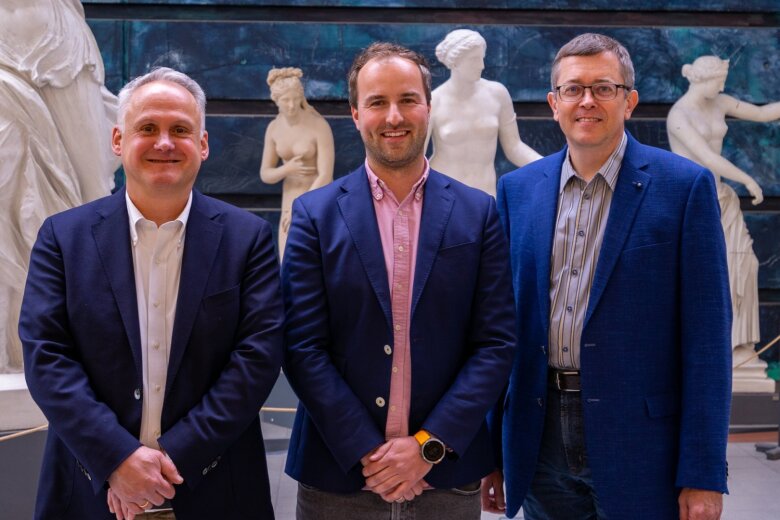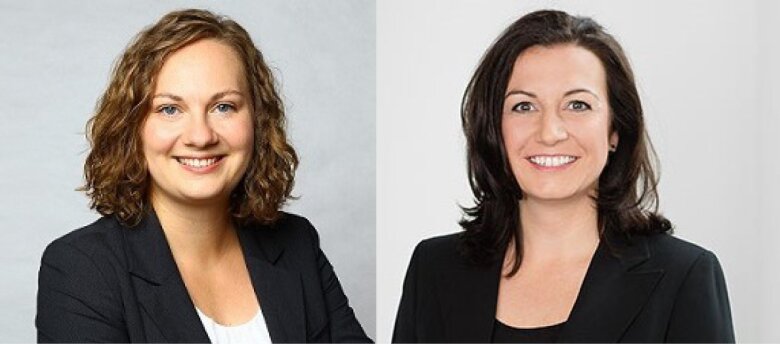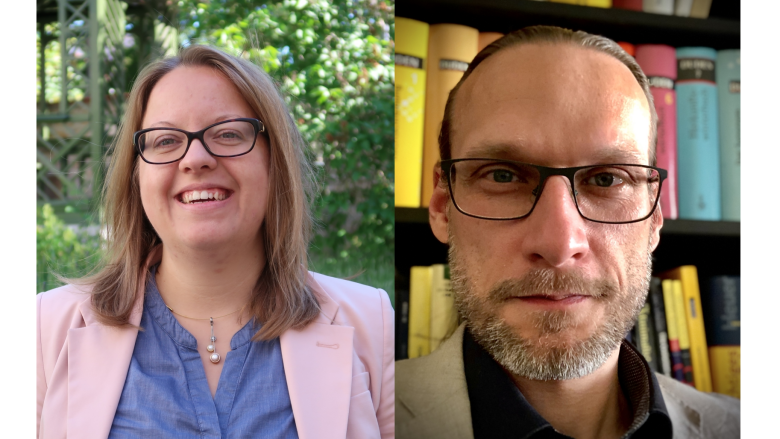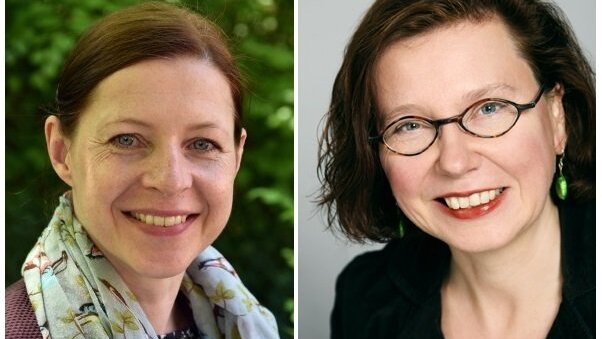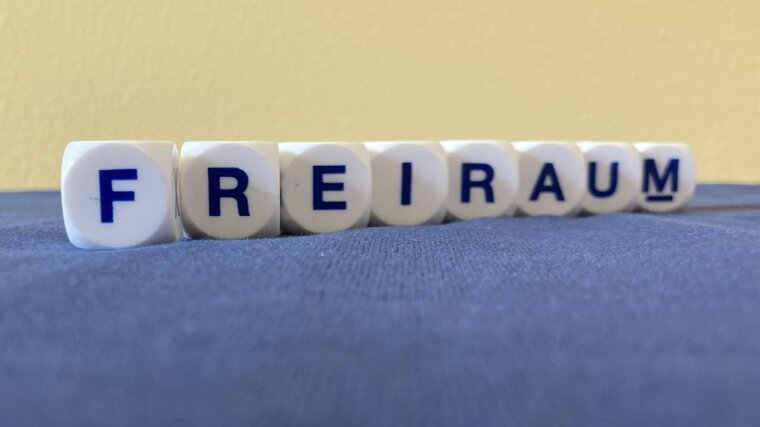
-
Development and establishment of a sustainability certificate as the first stage of a sustainability offensive in teaching of the Faculty of Economic Sciences (funding decision in 2023)
project leader (left to right): Prof. Dr. Bernd Hüfner, Prof. Dr. Matthias Menter and Prof. Dr. Armin Scholl
Image: David DelkusThe newly designed certificate programme ‘Sustainable Business & Economics’ at the Faculty of Economics at Friedrich Schiller University Jena trains students to become experts in the green and social transformation of the economy and society. The integration of sustainability topics into the degree programme increases the attractiveness of the economics education and promotes the innovative power of teaching. Students have the opportunity to choose from a variety of modules to acquire competences in economic, ecological and social sustainability. The certificate is awarded at the ‘Basic’, ‘Advanced’ and ‘Expert’ levels. The certificate programme will be introduced in the winter semester 2024/25.
HereThis link requires a loginde you can find the final project report (URZ login credentials required).
-
Intercultural Organizational Behavior (funding decision in 2021)
Project leaders: Dr Elisa Hofmann and Prof. Dr Daniela Gröschke
Image: privatWith the module "Intercultural Organizational Behavior", a thematically integrative framework on challenges for teams and organisations in the VUCA world was developed and tested with innovative teaching methods. The module consists of a lecture ("Intercultural Teamwork - Interactions in Organisations") and a seminar ("Bounce back, bounce forward? - Resilience in the Work Context"). In the lecture, "Classroom Experiments" enable students to put themselves in intercultural decision-making situations and to discuss underlying psychological and organisational theories and concepts on the basis of the results. In the seminar, the LEGO® SERIOUS PLAY® method was introduced, which has proven itself both in research and in practice as a tool for promoting resilience. In future, the module will be anchored in the curriculum of the Bachelor's degree programme "Intercultural Business Communication" (supplementary subject) (BA.IWK.P3).
HereThis link requires a loginde you can find the final project report (URZ login credentials required).
-
LiLApedia: Development, Evaluation and Implementation of a Wiki-Based Teaching Concept for Teacher Training (funding decision in 2020)
Project leaders: Dr Frederike Schmidt and Dr Stefan Lotze
Image: PrivatIn the project, students jointly created, discussed and continuously optimized wiki articles published online as seminar papers. The overriding goal was the transfer of scientific knowledge to representations that can be used in school practice. Through the media implementation as a wiki, study achievements continue to exist in the sense of a joint product, which demonstrates the overriding meaning of one's own contributions in a motivating way. Thus, a freely accessible knowledge network was created, which enables teachers and students to easily access information on the topics of orthography, grammar and school.
HereThis link requires a loginde you can find the final project report (URZ login credentials required).
-
Against the Dispute over Methods. Redesign of Methods Training in Sociology as Major and Minor Subject (funding decision in 2018)
Project leaders: Prof. Dr Sylka Scholz and Prof Dr Kathrin Leuze
Image: links: FSU; rechts: Maria Conradi, Fotostudio Fotografa BerlinThe Institute for Sociology is in the process of restructuring sociological methods training with the aim of systematically linking the previously dominant quantitative methods training with qualitative methods training and training students equally in both methodological traditions. Such an undertaking comes with a variety of challenges: Firstly, both methodological strands have historically developed in distinction to each other and have each developed their own specialist languages; innovative forms of teaching must be developed accordingly. Secondly, teachers in academic practice conduct either qualitative or quantitative research and are often not familiar enough with the other methodological tradition. Therefore, an exchange of content between the lecturers is implemented by means of a workshop. Thirdly, based on the results of the first two steps, a methodological-methodical perspective was developed and published.
Here [pdf, 2 mb] deThis link requires a loginde you can find the final project report (URZ login credentials required).
